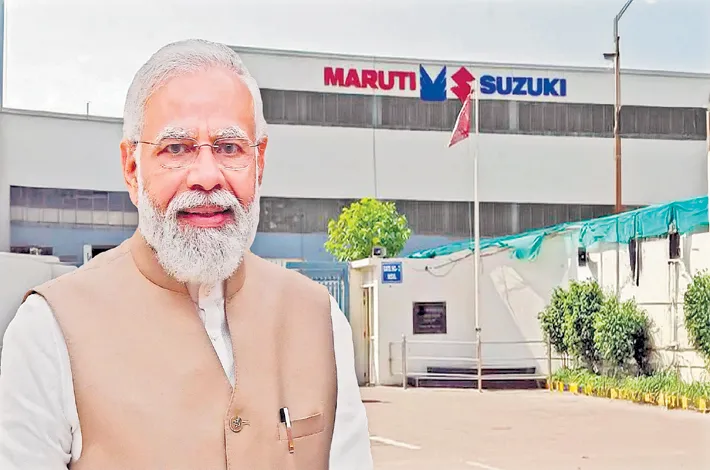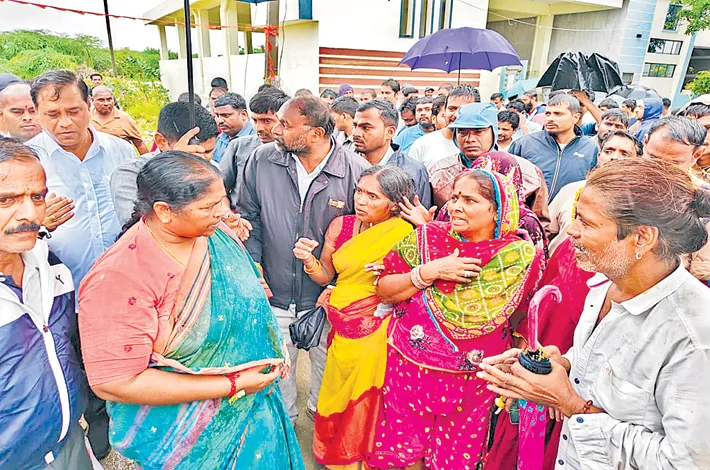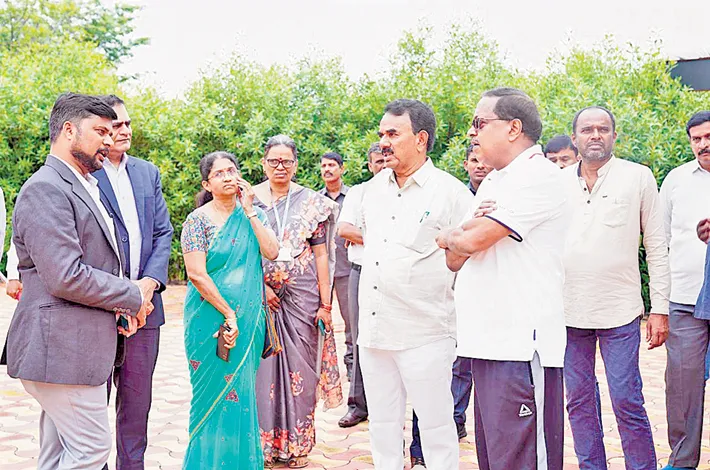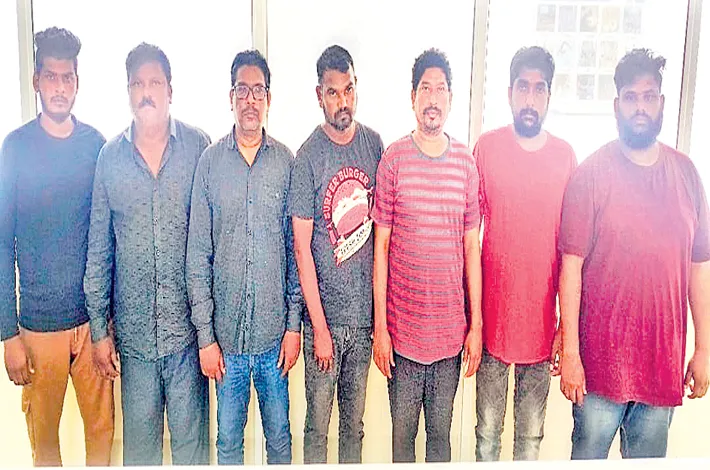India Goes Global on Electric Wheels
29-08-2025 12:00:00 AM

A step towards self-reliance?
■ Maruti Suzuki’s first battery electric vehicle (BEV), the eVITARA, in Hansalpur in Ahmedabad District of Gujarat is a step towards self-reliance. Plans afoot to export to over 100 countries including Europe and Japan.
■ They emphasized the importance of building a comprehensive ecosystem and suggested that the government must incentivize EV-related infrastructure, such as charging stations and battery recycling systems.
■ However, experts also pointed out the need for robust infrastructure to support EV adoption within India. Despite rising EV sales, consumer scepticism about transitioning from petrol and diesel engines persists.
In a significant boost to India’s “Make in India” initiative, Prime Minister Narendra Modi flagged off the launch of Maruti Suzuki’s first global battery electric vehicle (BEV), the eVITARA, at a grand event in Hansalpur in Ahmedabad District of Gujarat. The launch not only marks a new chapter in India’s automotive industry but also underscores the country’s growing prowess in electric vehicle (EV) manufacturing and self-reliance. The eVITARA, equipped with advanced features like a panoramic sunroof and multicolour interior ambient lighting, is set to be exported to over 100 countries, including key markets like Europe and Japan.
This move positions India as a global hub for EV production, with Maruti Suzuki leading the charge. The company also announced a massive investment of Rs 70,000 crore over the next 5-6 years to further bolster its manufacturing capabilities in India. Speaking on the occasion, industry experts hailed the launch as a landmark moment in India’s journey toward self-reliance, or Atmanirbhar Bharat. They emphasized the significance of Maruti Suzuki’s role in India’s automotive evolution. They recalled that Maruti started the journey for self-reliance in automobiles and with eVITARA, we are now moving toward self-reliance in the EV sector. They also pointed out that a significant portion of the supply chain, including battery production, is being localized.
The launch also coincides with the inauguration of a lithium-ion battery manufacturing facility by Suzuki, Toshiba, and Denso, aimed at supporting hybrid and electric vehicle production in India. This development addresses one of the critical challenges in EV manufacturing—local battery production. Experts opined that while we still import a large part of EV batteries, Maruti Suzuki’s Gigafactory, in collaboration with Toyota, is a game-changer. One of the Senior automobile experts highlighted the broader implications of the Evitara’s launch. He mentioned that Maruti’s entry into the EV space is a clear indicator that India is poised to become a competitive global EV manufacturing base. “The fact that this car will reach over 100 countries is a testament to India’s growing influence in the global market,” he said.
However, experts also pointed out the need for robust infrastructure to support EV adoption within India. Despite rising EV sales, consumer scepticism about transitioning from petrol and diesel engines persists. One Semiconductor expert emphasized the importance of building a comprehensive ecosystem. He suggested that the government must incentivize EV-related infrastructure, such as charging stations and battery recycling systems. He complemented that the Production Linked Incentive (PLI) scheme and investments in semiconductor manufacturing, like the upcoming silicon and silicon carbide fabs in Gujarat, are “steps in the right direction.”
The launch comes at a time when global trade dynamics, particularly the looming threat of Trump tariffs, are a concern for India’s export-driven sectors. While the automobile industry, particularly auto components, may face challenges, experts believe that Maruti Suzuki’s economies of scale and focus on alternate markets will mitigate the impact. As India aims to attract more foreign investment, experts stressed the need to prepare a skilled workforce to meet industry demands. They underscored the importance of enhancing STEM (Science, Technology, Engineering, and Mathematics) education.
The launch of the eVITARA and the accompanying investments signal a bright future for India’s EV and automotive sectors. With Maruti Suzuki’s dominant position in India’s auto market, which accounts for 40% of the world’s third-largest automobile market, the company is well-positioned to drive India’s EV ambitions forward. With the government’s continued focus on infrastructure, incentives, and skilling, India is steadily piecing together the puzzle of self-reliance, positioning itself as a global powerhouse in the electric vehicle industry.








